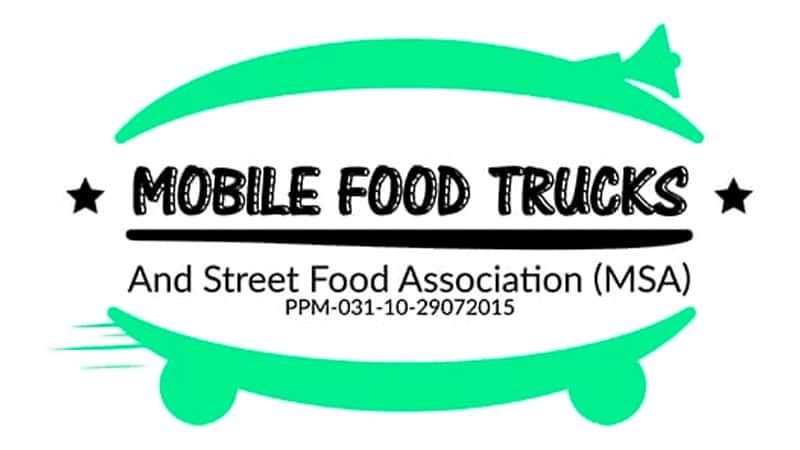Would you like an association with that?

With a the new trend of food trucks emerging the need for self-regulation also arises. The Mobile Food Truck & Street Food Association aims to ensure high operating standards.
A global phenomenon, food trucks have won the hearts of people looking for a different experience and convenience when it comes to having their lunch, dinner or a snack. However, as this industry is in its infant stages, there is a need for self-regulation to ensure that customers will get the best they could when they cue up for a meal. Joel Lee, Meal Box-er / Hon. Secretary shares some of his insights and what the association is trying to achieve.
“We now have 50 members, which is a great achievement, considering that we have only started our association in March,”
Lee said. There are, according to him, a lot of areas where work is needed. One of the key issues is that event organisers may think that they are offering a venue that will for food trucks that is worth charging for. “However, if you are imposing some RM 1 000 for a day, it is not worth for a food truck to go there,“ Lee explains. Naturally, you can only prepare a certain number of meals per hour and when you run out of stock, it is time to pack up and leave. Food truck operators are arguing that it is actually the other way around, with the food trucks adding fl avour to an event and shouldn’t be charged for the space. After all, if they were to operate elsewhere, they don’t have to factor in these fees.
Lee goes on to say that “The next issue is standards that we would want to impose. As with any restaurant, you expect it to be clean (Category A, Bersih). This is no different with a food truck, which deconstructed is simply a restaurant on wheels.” Mobile Food Truck & Street Food Association is aiming at introducing standards to ensure food safety and hygiene. “Just bear in mind that all you have to do is to buy a truck, have the back of it set up to be a kitchen and you are in business. You don’t need to be a chef in order to start this business. However, that also means you may not know about how to handle food stuffs properly.”
The third issue the Mobile Food Truck & Street Food Association concerns itself with is the communication with authorities such as DBKL. As with any new industry, there are a lot of questions that need to be answered, arrangements to be made and lobbying to be carried out. For example, certain areas of the Klang Valley may be very diffi cult to penetrate for food trucks as permits are not easy to get. “Why would that be the case? Our trucks wouldn’t take away customers from restaurants or Mamak stalls. On the contrary, we would create a different atmosphere and may even entice people to try new foods,” Lee reasons.
Among others, the association is also helping members to find business. When it comes to regular bookings or events such
as food truck carnivals, a lot of communication takes place in order to ensure that there are enough trucks present. Offering
an insight, Lee says “One advise we can give newcomers is very simple: Your food needs to be tried and tested. Don’t come up with something exotic that no one would want to even try or that is too complicated to eat. Ensure that you start in a location where you can actually meet the demand of patrons. There is nothing worse than running out of food because there are too many people flocking to your truck.” Lee can be contacted via